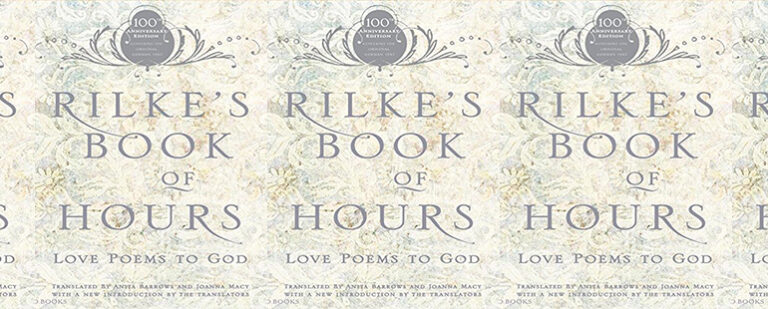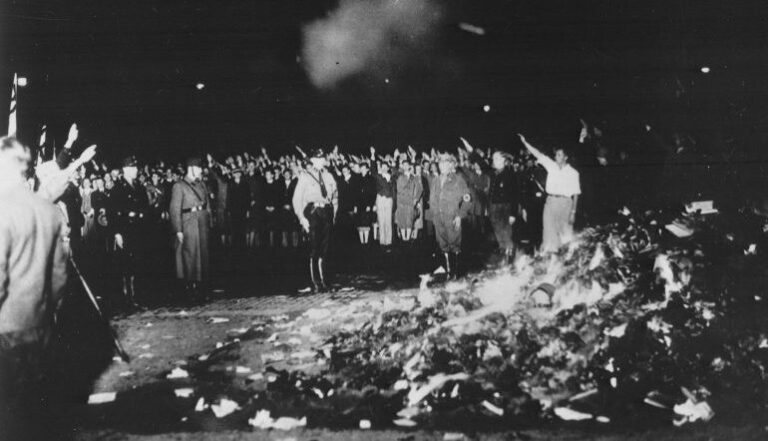Finding Home in An American Sunrise

Early on in Joy Harjo’s 2019 collection, An American Sunrise, she writes: “all memory bends to fit. We become poems.” For Harjo, everything becomes poetry, and everything comes back to life, comes back home, with poetry. In this book, Harjo, a member of the Mvskoke Nation, writes about her people—who have been exiled from their own land, who are treated as refugees despite never leaving the country, who have watched their homes get stripped then taken away, who have watched their language and cultures and ancestors die off, but who are trying to fight this intergenerational battle with poetry, with the passing on of stories, with writing to the spirit world.
In An American Sunrise’s prologue, Harjo writes, “We were forced to leave behind houses, printing presses, stores, cattle, schools, pianos, ceremonial grounds, tribal towns, churches. We witnessed immigrants walking into our homes with their guns, Bibles, household goods and families, taking what had been ours, as we were surrounded by soldiers and driven away like livestock at gunpoint.” The use of the first-person plural perspective here demonstrates how Harjo will play with language in the collection’s poems to show the immediate impact of this violence, and how it also reverberates through the generations. In a people that passes down their stories and cultures from generation to generation, what happens to Harjo’s ancestors happens to all of them. And Harjo lets it be known that this violence is happening still: “The indigenous peoples who are making their way up from the southern hemisphere are a continuation of the Trail of Tears,” she says, before ending her prologue with the line, “May we all find the way home.” This is why her poetry is so important. It is a way of trying to find a home—if not a physical one, then at least one made of their stories.
In one of Harjo’s shorter poems, she writes, “I grow tired of the heartache / Of every small and large war / Passed from generation / To generation. / But it is not in me to give up. / I was taught to give honor to the house of the warriors / Which cannot exist without the house of the peacemakers.” You can see here how Harjo feels like the pain of losing home, the pain of battles that could never be won, continues to weigh on the generations, as if accumulating weight exponentially as time passes. And she lets the reader know how intentional this pain and loss was—it was never meant to be just a battle, or just the theft of her people’s physical homes; the settler colonists also tried to colonize their minds. “Until the passage of the Indian Religious Freedom Act of 1978, it was illegal for Native citizens to practice our cultures,” Harjo writes. “This included the making and sharing of songs and stories. Songs and stories in one culture are poetry and prose in another. They are intrinsic to cultural sovereignty. To write or create as a Native person was essentially illegal.” An American Sunrise is a book that writes about the trauma faced by Harjo’s ancestors, and the trauma inherited by her generation. But Harjo’s poetry doesn’t just document the trauma—it also brings to life the homes lost, the culture lost, so that she and her generation can inherit something more.
In “Exile of Memory,” we see Harjo undertake the difficult work of going through the past. “Do not return / We were warned by one who knows things / You will only upset the dead,” she writes. This thought, that the dead could be upset by future generations going back to what they lost, would never, however, let the homes and the culture be found; it would freeze the pain and make it so that there was nothing left. But we see Harjo question what going back, even just in poetry, does to her, to her people: “And then what, you with your words / In the enemy’s language, / Do you know how to make a peaceful road / Through human memory? / And what of angry ghosts of history? / Then what?” Any attempts at resolving this trauma are fraught with the trauma itself. But she goes on. Harjo understands what poets can do in going back for “dangerous knowledge.”
Harjo opens “Washing my Mother’s Body” by letting you into her world of memory: “I never got to wash my mother’s body when she died,” she writes. “I return to take care of her in memory. / That’s how I make peace when things are left undone. / I go back and open the door.” Here we realize how her poems have done this—for her, for her ancestors, for her people. “I cannot say goodbye yet,” she writes. “I will never say goodbye.” She will always wash her mother’s body, always relive the moments when she could have done that, always recite the poem where those memories sound as real as anything else she’s put from pen to page, from lips to ears. And “the story is all there, in her body, as I wash her to prepare her / to be let down into earth and return all stories to the earth. / My body memories rise up as I wash.” Even if she no longer has access to her mother’s body, even thinking about the moment, even writing it down, makes the body, makes the memories more real.
But Harjo understands that you can’t just write poems that pick at old scabs. Writing about trauma isn’t finding home, isn’t speaking with one’s ancestors. Intentionality is important. We see this in “How to Write a Poem in a Time of War,” which opens, “You can’t begin just anywhere. It’s a wreck.” Revisiting and reliving the loss in war with no plan will only result in pain for her and her people. The poem starts and restarts—the next attempt is: “Deer peer from the edge of the woods”—and eventually moves into thoughts of war: “We tried to pretend war wasn’t going to happen.” We see how the war over Harjo’s people’s home was being waged both physically and mentally when she writes about how “They started teaching our children their god’s story, / A story in which we’d always be slaves.” Across the poem, the power of her people’s stories is shown, and the devastation of war is clear. Harjo understands the depth of her subject, at one point writing: “You can’t begin here. / This is memory shredded because it is impossible to hold with words, / even poetry” and “If we begin here, none of us will make it to the end / Of the poem,” the line break showing how both the poem and poet, the person and their people, are all in danger. So when Harjo comes to a line of thought that allows her to write the lines “He sang us back / to our home place from which we were stolen / in these smoky green hills,” she feels the power, the strength, the purpose of the poem—“Yes, begin here.”—allowing her to use poetry as more than documentation of trauma, as a means of finding home.
An American Sunrise accesses the painful memories and losses that so many of Harjo’s people have suffered. And poems that document pain are important, especially for those who’ve lost so much. But the strength of her poetry goes beyond just recounting the pain. To be able to write a poem that speaks to and for the ancestors, that finds the home that housed the ancestors, means helping the generations that have followed to find joy in the physical world.


